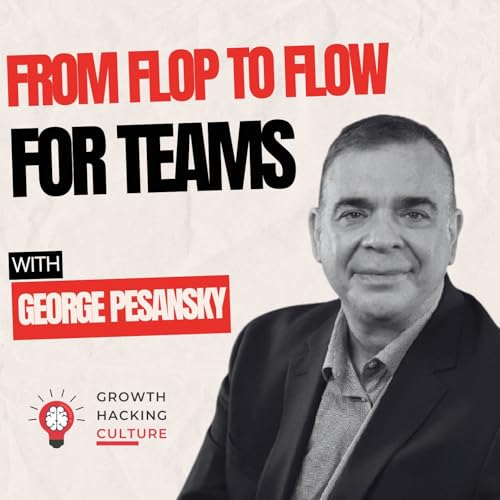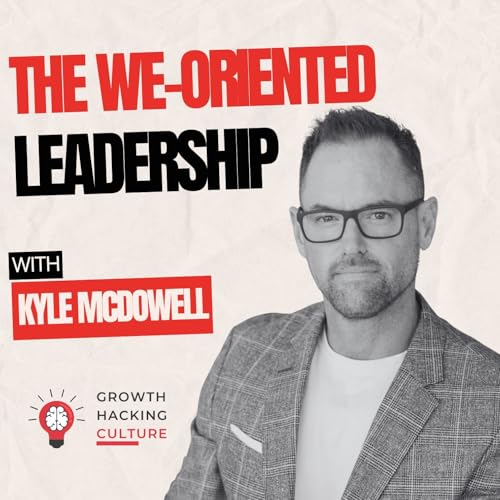Are you trying to solve a hardware problem with software solutions? In a world dominated by chronic stress, information overload, and the pressure to outperform AI, we often rely on willpower, productivity apps, or endless caffeine to stay focused. But what if the key to sustainable productivity isn't about managing your time, but literally training your brain to function better?
In this episode, we step inside the "brain gym" with Santiago Brand, a leading expert in high-performance psychology, QEEG, and applied neuroscience based in Singapore. We move beyond the buzzwords to explore Neurofeedback—a powerful, data-driven technology used by elite athletes and C-suite executives to regulate brain activity and achieve peak mental states.
This conversation is a deep dive into the mechanics of the mind. We explore how electrical signals in your brain dictate your reality—from your ability to sleep to your capacity to handle high-stakes negotiations—and how you can exert control over them.
In this in-depth discussion, we cover:
-
The Reality of Brain Mapping: How science can identify your struggles with sleep, focus, or emotional regulation just by looking at wave patterns—without you saying a word.
-
Beyond the Placebo: Understanding the science of Neuroplasticity and Operant Conditioning. Santiago explains how the brain learns to self-correct through reward systems, using the fascinating example of training your focus by controlling a movie with your mind.
-
A New Hope for ADHD: Why Neurofeedback is often considered one of the most efficient interventions for ADHD, helping the brain learn what to pay attention to rather than just trying to force focus.
-
The Burnout Cure? Why burnout is more than just exhaustion—it’s a neurological state. We discuss how regulating brain function can reduce sick days, migraines, and workplace accidents, providing a tangible ROI for corporations.
-
Navigating the "Wild West": The neurofeedback industry has a dark side. Santiago provides a critical checklist of red flags to help you distinguish between clinical experts and people selling "magic cures" or expensive toys.
Whether you are a corporate leader looking for a competitive edge, someone struggling with sleep and anxiety, or just a bio-hacking enthusiast, this episode provides the scientific roadmap to a better brain.
Connect with our Guest:
To learn more about brain mapping and performance training, you can reach Santiago Brand here:
-
Website: https://www.santiagobrand.com/
-
LinkedIn: https://www.linkedin.com/in/santiago-brand-a985905/
-
Instagram: @neuro.santiago
Keywords:
Neurofeedback, Neuroscience, Biofeedback, Mental Health, Executive Performance, ADHD, Neuroplasticity, Burnout Recovery, Sleep Optimization, Corporate Wellness, High Performance Psychology, Brain Mapping.
 Dec 14 202548 mins
Dec 14 202548 mins Dec 9 202548 mins
Dec 9 202548 mins 46 mins
46 mins Nov 18 202555 mins
Nov 18 202555 mins 50 mins
50 mins 44 mins
44 mins Oct 23 202548 mins
Oct 23 202548 mins Oct 16 202549 mins
Oct 16 202549 mins
